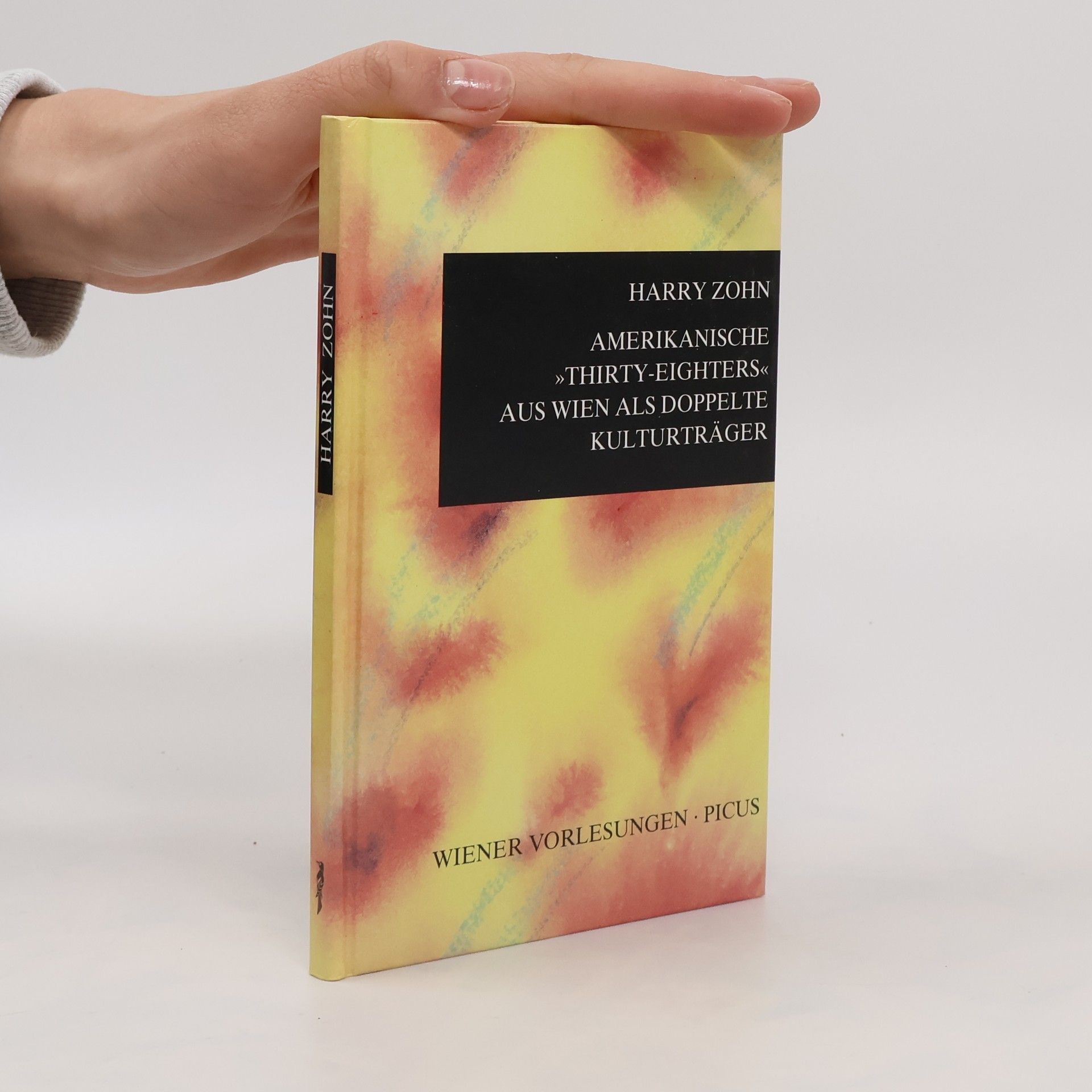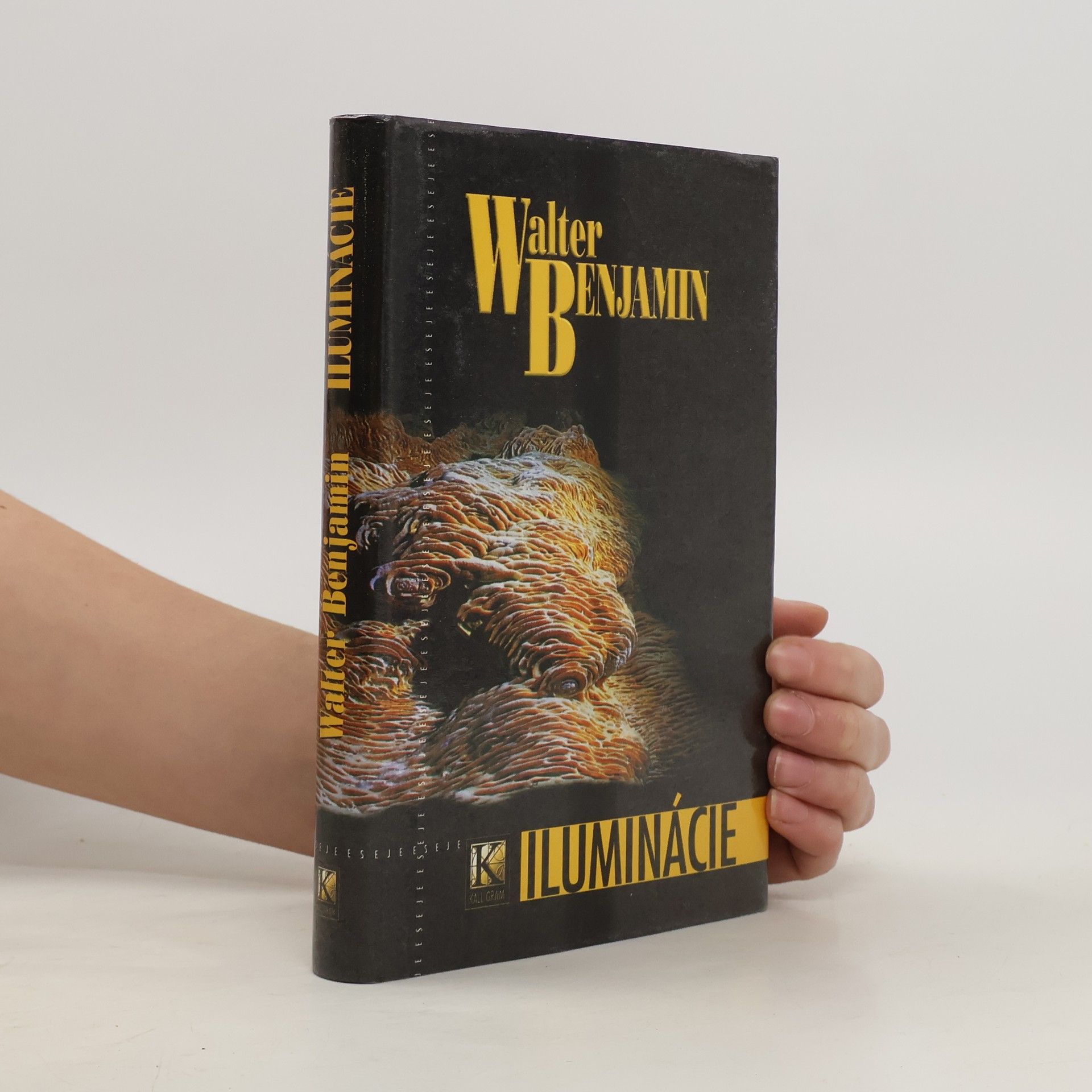Iluminácie
- 286 stránok
- 11 hodin čítania
Výber z esejí a štúdií kritika a teoretika literatúry, ktorý prináša rovnako filozofické aj spoločenskokritické posolstvo.





Výber z esejí a štúdií kritika a teoretika literatúry, ktorý prináša rovnako filozofické aj spoločenskokritické posolstvo.
Traces the history of the Jewish community in Vienna, assesses the extent of Austrian anti-Semitism, and explains why the Jews were so fond of pre-World War I Vienna
One of the most important works of cultural theory ever written, Walter Benjamin's groundbreaking essay explores how the age of mass media means audiences can listen to or see a work of art repeatedly - and what the troubling social and political implications of this are. Throughout history, some books have changed the world. They have transformed the way we see ourselves - and each other. They have inspired debate, dissent, war and revolution. They have enlightened, outraged, provoked and comforted. They have enriched lives - and destroyed them. Now Penguin brings you the works of the great thinkers, pioneers, radicals and visionaries whose ideas shook civilization and helped make us who we are